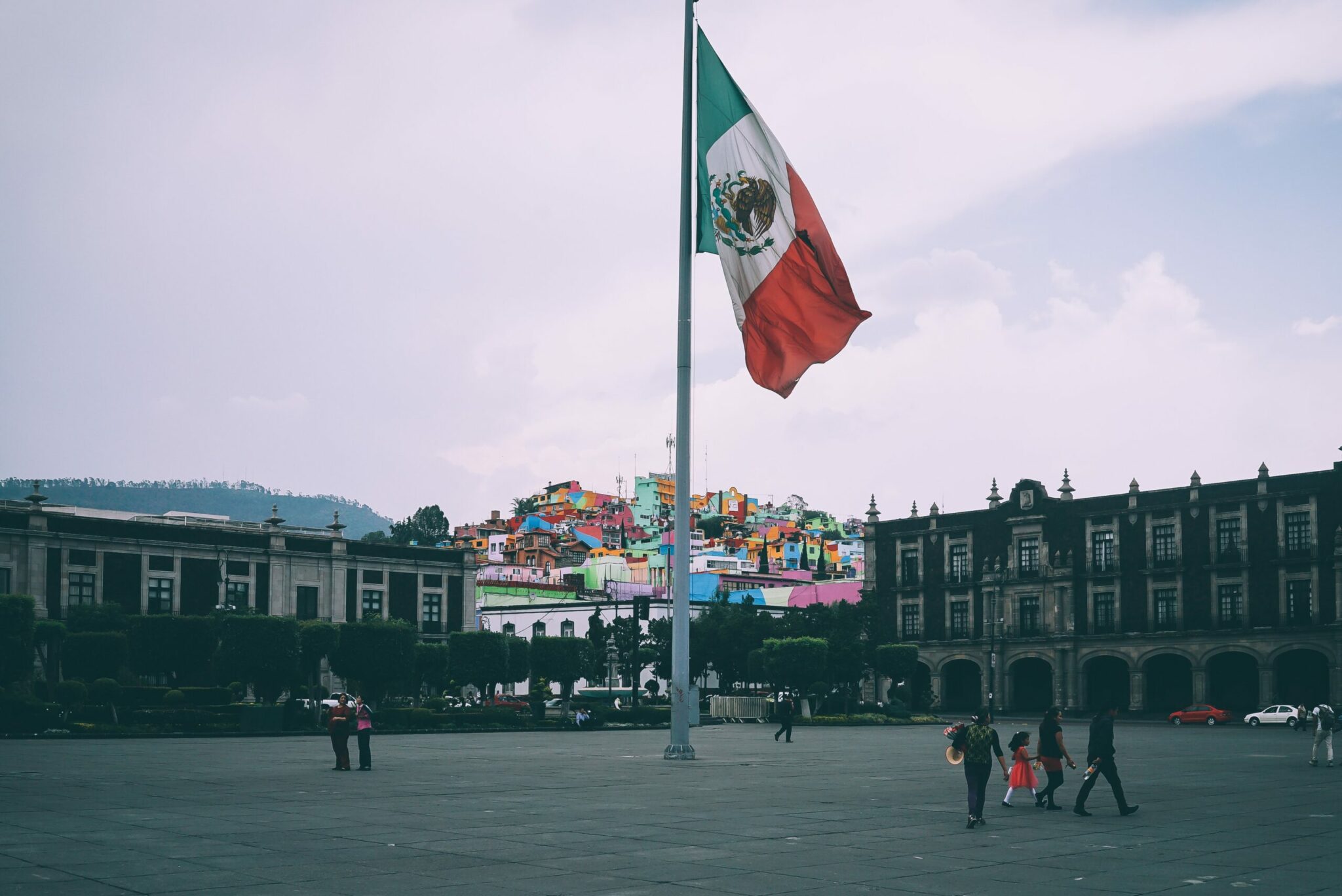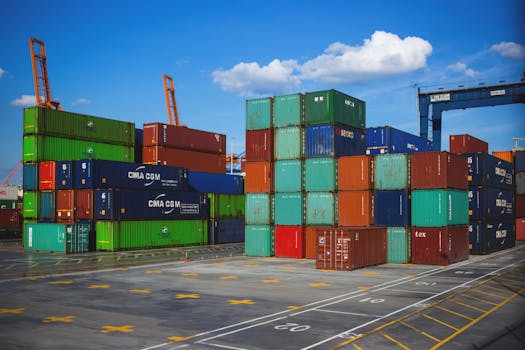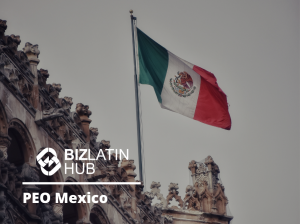Mexico, the land known for tacos, tequila, drug cartels, and beautiful beaches has come a long way over the past two decades. Those that are unfamiliar with Mexico may not realise the sheer scale of international trade that has been steadily growing here. Mexico is one of the most open and attractive countries in the world for importation and exportation, which explains the recent and strong increase of cash injection into the country.
Success of international trade in Mexico

This `developing country` ranked 15th in the world in 2015 with a GDP of $USD 1.14,billion. Mexico ranked higher than its Latin American neighbours (except Brazil) as well as countries such as Saudi Arabia and Indonesia. Mexico only ranked two spots behind the Russian Federation. In addition, World Bank analysts have predicted that by 2050 the Mexican economy will be the 6th largest in the world.
The success of Mexico can be attributed to a variety of factors which include, but are not limited to:
- Effective and well thought-out trade agreements and free trade agreements
- A large and skilled labour market
- Geographical location (close proximity to the USA and Canada and having access to two oceans)
- Consistent economic growth
- Economic stability
- Low inflation
NAFTA and other free trade agreements
As mentioned previously, Mexico has put in place a large number of free trade agreements. This all began in 1990 when negotiations were underway between the USA, Canada and Mexico. In late 1993, the agreement was signed, and the North American Free Trade Agreement (NAFTA) began. It was, and still is, the largest free-trade agreement in the world. Many believe that the rise of Mexico began on this day. Since then, there have been massive increases in exports in industries such as agriculture, vehicles, and natural resources. In 2015, Mexico’s exports to the USA totalled $USD296 billion. This number is up 638% from 1993 (Pre-NAFTA).
In regards to NAFTA, uncertainty definitely exists, but markets are propelling in favour of Mexico. Current successful trade negotiations and effective future trade agreements will ensure the continued growth of Mexico into the future. There was a recent visit (February, 2017) to Mexico by MP Mark Garnier of the Department of International Trade from The UK. This visit included talks about the continued relationship between Mexico and The UK as well as the shared goal of economic prosperity through effective trade agreements. 2015 saw strong collaboration between these two historically connected countries in the form of art, science, innovation, tourism and trade. This was supported by the visit to the UK by the Mexican Prime Minister, Enrique Peña Nieto in 2015. Indeed, the relationship between Mexico and its northern neighbours may be stressed, however there is no cause for major concern. Mexico is a strong global player and the potential changes may unlock doors to other potential alliances which have not yet been explored.
In the years following NAFTA, Mexico’s economy kept growing. Most people could see and feel the benefits that this FTA was bringing to the country and its people. In 1997, Mexico and the EU signed a free-trade agreement and then the floodgates were opened. In the following 15 years Mexico signed tons of trade agreements, not only within Latin and North America, but with global players such as Japan and Israel. The potential of the Mexican labour force to produce high-quality, low-cost goods had been unlocked. Mexico’s international outlook can be seen through their 12 FTAs spanning 46 countries.
Import and export: Mexico’s international trade
Below are some statistics relating to Mexico’s international trade in 2015:
- Mexico exported approximately $US 381 million worth of goods.
- Its top exports are cars, crude petroleum vehicle parts, delivery trucks and computers, with these goods primarily going to the USA, Canada, China, Spain and Brazil.
- The leading Mexican export went to the USA and was motor vehicles. It was valued at $US50.5billion.
- Mexico imported approximately $US395 billion worth of goods.
- Its top imports are refined petroleum, vehicle parts, integrated systems, computer parts, and broadcasting accessories with these goods primarily coming from the USA, China, Japan, South Korea and Germany.
- The leading Mexican import was from USA and was motor vehicle parts. It was valued at $US23.8billion.
Another huge export sector for Mexico are household appliances. Mexico is the world’s largest exporter of flat-screen TVs, refrigerators and freezers in the world. In addition, Mexico is the 4th largest exporter of computers. The main reasons behind the country’s success in this industry is the proximity to the USA (largest market for electronic goods) coupled with highly-skilled human capital and competitive production costs.
Mexican factories and plants are first class – some of the biggest companies in the automotive industry having factories here. Some of these include Chrysler, Ford, GM, Mazda. Honda, Nissan, Toyota and Volkswagen. This comes as no surprise if we look at the quantity and quality of engineers and technicians graduating every year. The number is estimated to be approximately 90 000 per year. This number is higher than in more developed and wealthy nations such as Germany, Canada, and Brazil. The growth in the automotive industry can be attributed to the similarities in culture between Mexico and Western culture. A hard-working attitude and an easy-going nature, on many occasions, make doing business in Mexico easier than in some Asian countries.
Mexican importation competitive advantages

A 2014 study by the World Economic Forum called ´The Global Enabling Trade Report´ examined international trade relations in depth. One of the key factors assessed was the attractiveness of market entry, based on the ability of countries to access foreign markets. Overall, Mexico ranked 29th out of 138 countries. The study found that Mexico had competitive advantages in the following areas:
- Tariffs faced
- Number of documents required to import
- Customs transparency
- Openness to foreign participation
- Openness to multilateral trade rules
Despite this openness, one needs to be aware of the complexities in international trade with Mexico. Navigating one’s way through international trade laws, customs, customs clearance, trade barriers, tariffs and taxation can present challenges. With the correct assistance, these challenges can be understood and one can successfully trade with Mexico.
Doing business in Mexico with Biz Latin Hub
If you’re looking to do business in Mexico, we recommend consulting a legal expert in Mexico on the start-up process. You’ll need guidance to ensure your business stays compliant with local laws and regulations throughout the entire company formation process and in an ongoing capacity.
At Biz Latin Hub, our team of local and expatriate professionals offers personalized market entry and back-office solutions to ensure your success entering a new market.
Reach out to our friendly Mexico team, contact us today for support on your journey.
Learn about our team and expert authors, and check out our short presentation offering further tips for doing business in Mexico.




